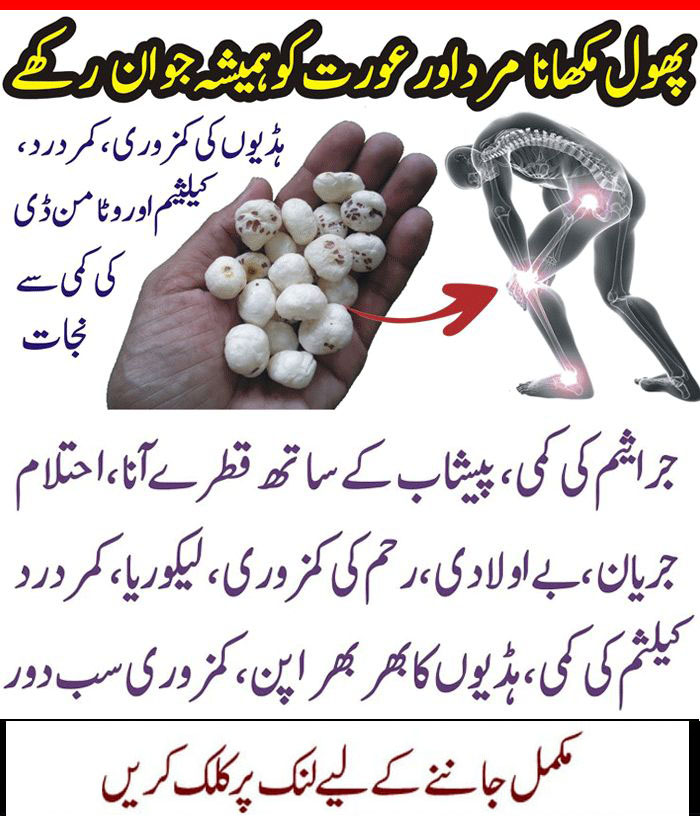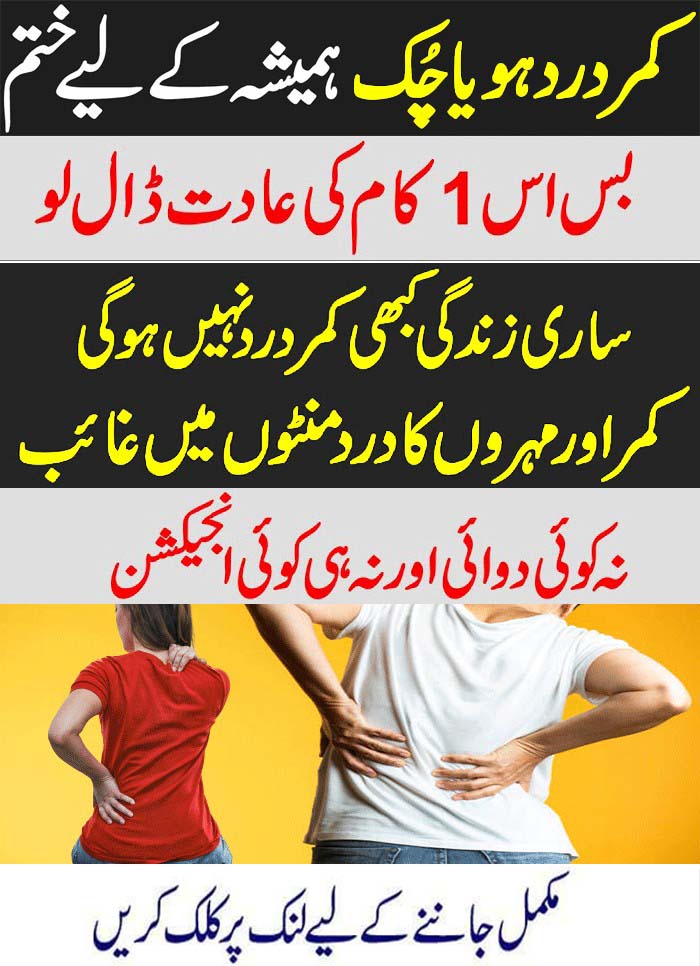London: Spring is the perfect season for getting active, but whether you prefer yoga, a round of golf, a stroll in the fresh air with your dog, or even a triathlon, you need plenty of energy to get going again after the winter. For many of us, though, that energy is in short supply. Tiredness and fatigue can affect all of us, regardless of age. So perhaps it’s no surprise the number of people taking magnesium supplements in the UK has doubled since 2016.
Watch the Following video for Phool Makhana as an energy diet. The Royal College of Psychiatrists found that one in five people in the UK feel unusually tired at any given time, with 10% experiencing chronic fatigue. Tiredness makes daily routines difficult, like commuting or even getting out of bed, and can be a real problem in the spring when you want to feel at your best.
Fatigue and Tiredness and Treatment
Fatigue and Muscle Weakness
How to Get Rid of Fatigue Naturally
Khoon-Banane-kee-Masheen-hain-ye-daane
Why am I feeling tired?
If you are concerned about your fatigue, you should always consult a doctor. Your doctor will then try to find a psychological, physical, or lifestyle cause for the symptoms. Psychological causes are often related to poor sleep. You might be suffering from insomnia because of depression, anxiety, or stress. These issues are increasingly common in our always-on world.
Physical causes include being over-or underweight, sleep apnoea, and side effects of prescription medication. Lifestyle causes such as lack of exercise, too much alcohol, or caffeine, working a night shift or long-haul flights can also cause fatigue. There is one issue, however, that’s both physical and related to your lifestyle – a nutritious, varied, balanced diet.
Beating tiredness and fatigue with proper nutrition
In many instances, your lack of energy may be caused by the insufficiency of a key micronutrient. If your body doesn’t have the right amount of magnesium, iron, vitamin B12, vitamin B6, vitamin B3, vitamin B9 or vitamin C you will start to feel fatigued.
Why not just eat more of the right foods? It’s possible to rectify the problem by working with a nutritionist, or by paying very close attention to what you eat over the long term.
Unfortunately, many people struggle to get enough of the micronutrients they need from their diet. This is partly because our bodies struggle to absorb some vital nutrients as we get older, and partly because most of us do not consume the right mix of foods.
As a result, nearly 70% of adults in the UK are now taking food supplements to ensure they are getting the right nutrition according to the 2019 Health of the Nation Survey released by the Health Food Manufacturers’ Association (HFMA).
Why magnesium helps
One of the most important nutrients for combating tiredness and fatigue is magnesium, a vital mineral found in foods like kale, nuts, and seeds, and some fish. It is an essential mineral that helps muscles function correctly, contributes to normal psychological function, keeps bones strong, and regulates glucose in the blood for energy production.*
‘With over 300 enzymes in the body relying on magnesium absorption to work properly, it’s easy to see why sufficient intakes are so important for combating unexplained tiredness and fatigue,’ explains nutritionist Aidan Goggins, BPharm, MSc Nutr Med. ‘In studies, we observe an increased demand for magnesium in high-stress environments making it vital for such individuals to ensure they are intaking the dietary recommendation.’
The HFMA found that 13.4% of people taking supplements are opting for magnesium – a figure which has almost doubled since 2016. More and more of them are finding that a lack of magnesium is causing their fatigue – less than half of people in the UK consume the recommended daily amount – and that increasing their intake can help bring back normal energy levels.
Miriam Ferrer Ph.D., head of product development at FutureYou Cambridge, explains: ‘Magnesium helps you to spring into action by restoring your normal energy levels, but a supplement is only effective when it is bioavailable – meaning that it is easy for the body to absorb the active ingredient.
‘That means we don’t have to put as much of the magnesium itself into the supplement, which is good because taking a lot of it over a long period can affect the digestive system. We can achieve the right effect with less chance of side effects.



